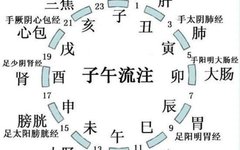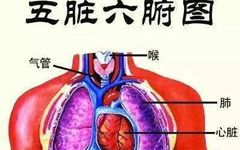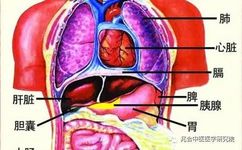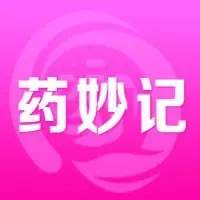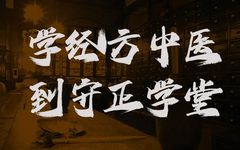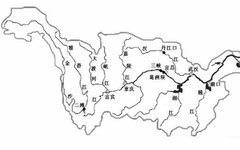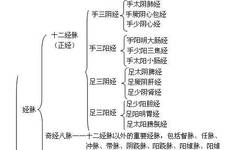Illustration of the Twelve Meridians: A Worthy Focus
Important Note: Due to a major WeChat update, to avoid losing contact, please click on the “Read a Book in Seven Days> Top Right Corner…” and set it asStarred⭐, thank you all! Ancient people divided a day and night (24 hours) into twelve time periods, each lasting 2 hours, represented by the twelve Earthly Branches … Read more

